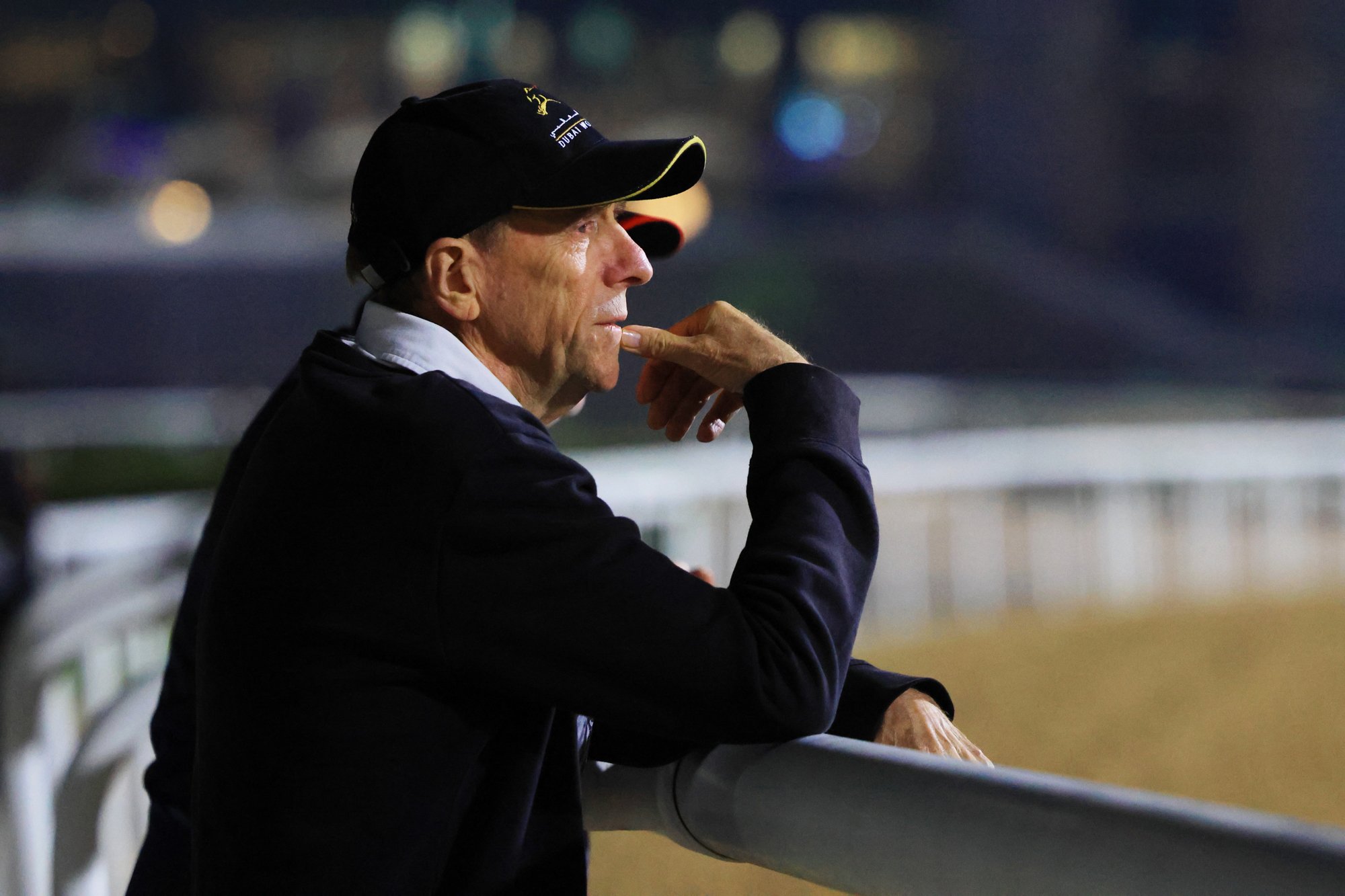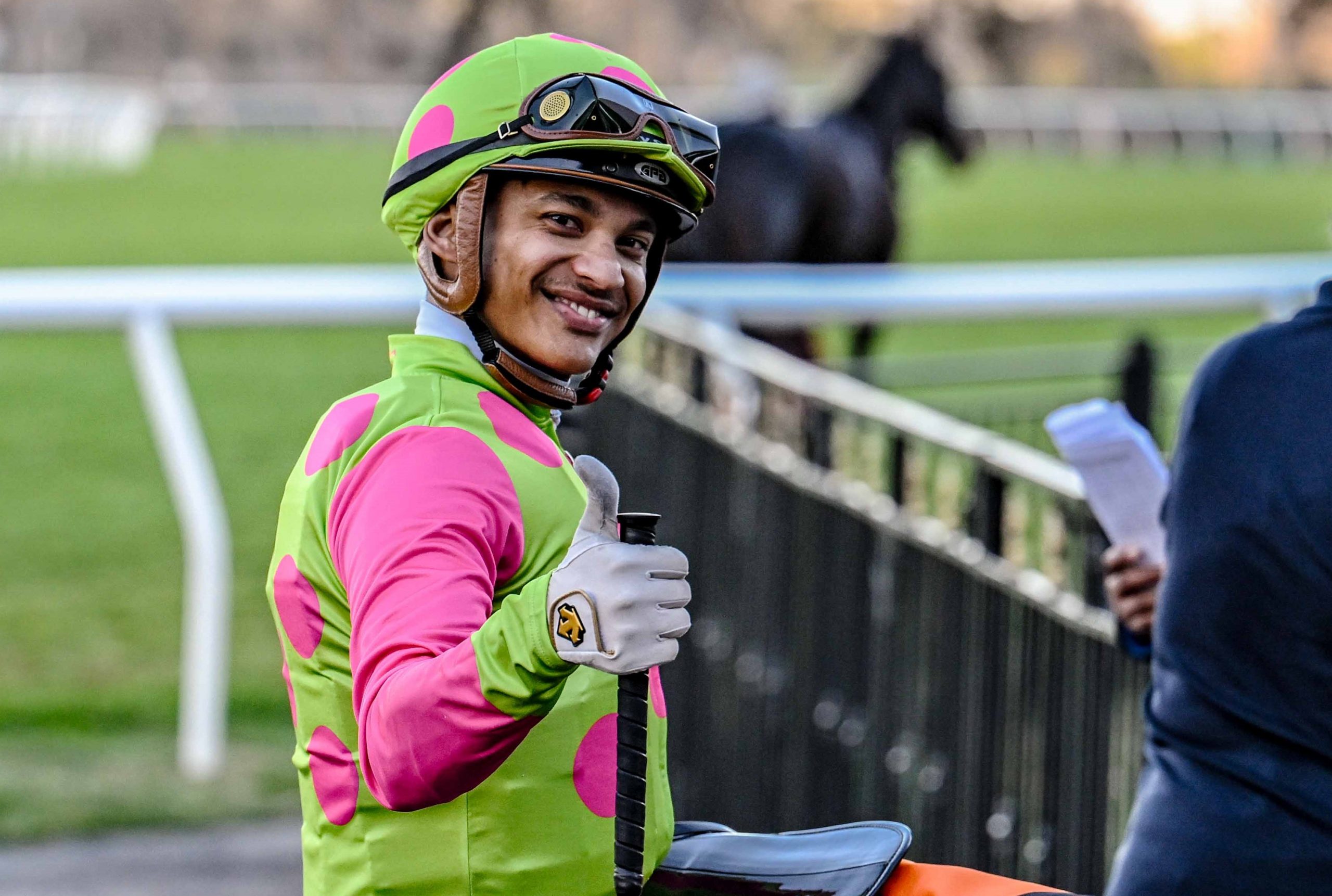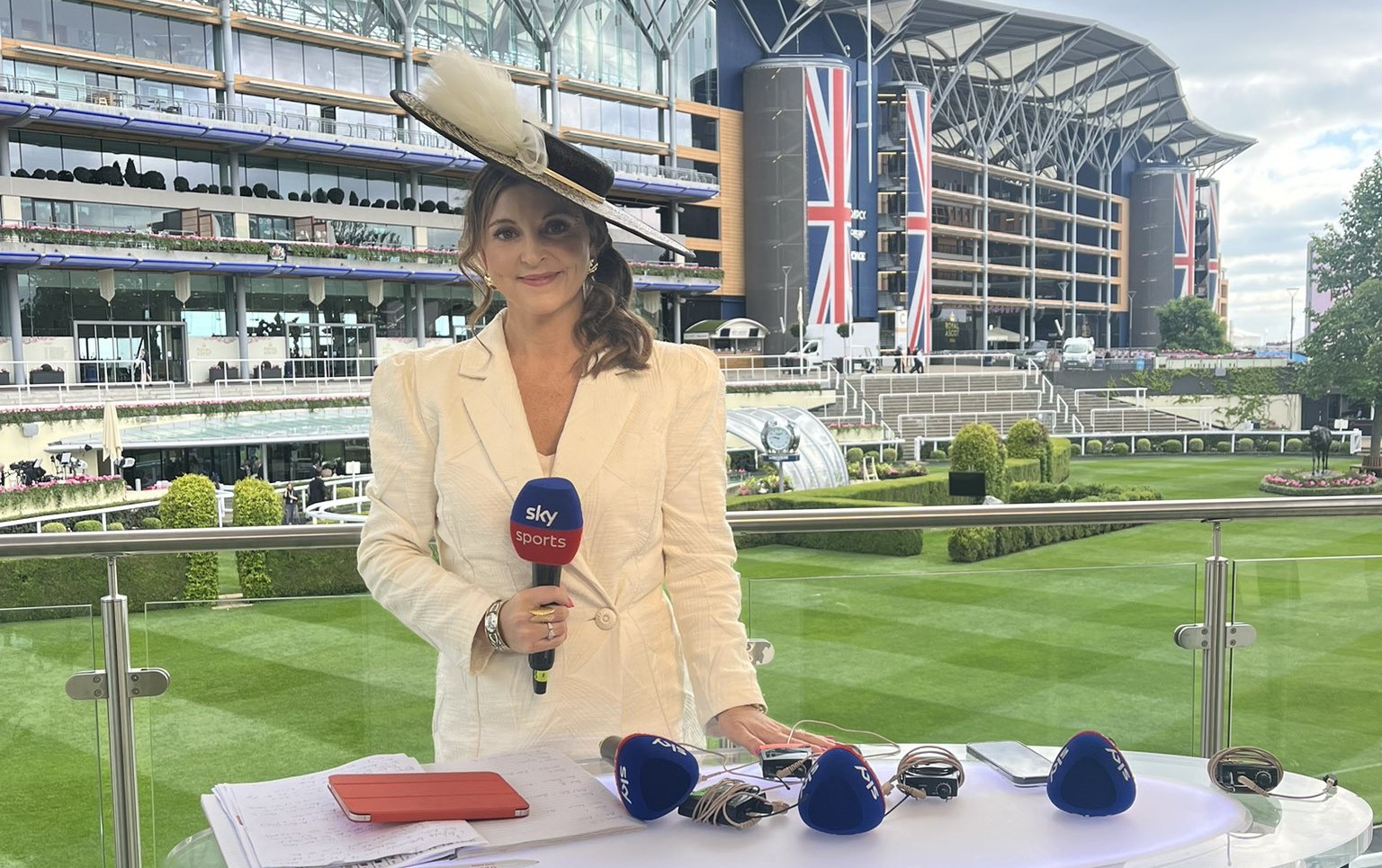ALEC HOGG: It’s Thursday October 27 2011 and in this Boardroom Talk special podcast, Rian du Plessis, who’s the chief executive of Phumelela, joins us. It’s been a big week for gambling legislation in South Africa, Rian, you’ve had the annual conference of International Association of Gaming Regulators in Cape Town. Then there’s the public hearings before the Trade and Industry Portfolio Committee, starting Friday, then carrying on on Wednesday. In a case like this, do you guys pay particular attention?
RIAN DU PLESSIS: Yes, we do, it’s important to us, Alec. So, yes, we absolutely do, we’ve been following events very carefully and we’ve made written submissions in quite some detail.
ALEC HOGG: Is there a lot that needs to be straightened out?
RIAN DU PLESSIS: Yes, Alec, there are three important things for horseracing. For numerous reasons in the past, horseracing hasn’t been regarded as a sport and even myself and my colleagues are often guilty of referring to it as an industry and quite frankly horseracing is a sport like all other sports. Horseracing competes for popularity with all other sports, including football, rugby and cricket. It’s not only a sport nationally but it’s an international sport, so that’s one of the most important points that we need to drive home.
ALEC HOGG: Is it not treated as a sport at the moment?
RIAN DU PLESSIS: No, we’re not.
ALEC HOGG: And what’s the impact of that?
RIAN DU PLESSIS: Well, the impact is that we basically are regulated and fall under the Department of Trade and Industry and not under the Department of Sport because gambling has been delegated to the provinces we basically have to deal with nine different gambling boards, with nine different standards and nine different procedures and nine different tax rates, etcetera. It simply ignores the fact that the sport itself is not viable on a province by province basis. For example, if I could give you an analogy with rugby, you can’t just have all of the rugby teams in Gauteng play one another week in and week out, you have to have the best players in Gauteng form the Lions team and take on the Sharks, for example, etcetera. Then you form a national team and shortly we will have an international jockeys challenge and our top jockeys receive national colours for their participation in that. So, it’s a sport first and foremost and that’s our most important point.
ALEC HOGG: So, interesting you made the point that it’s regulated differently in each of the provinces, presumably then each province wants its maximum amount of tax revenue that it can get from the betting on horseracing?
RIAN DU PLESSIS: Yes, Alec, and you can’t blame the provinces because the remit of the gambling boards is simply to gain as much tax revenue as possible. There is no obligation in any one province to take potential job losses in another province into account. They simply need and it’s not well known but gambling and betting taxes is the second highest revenue for each of the provinces.
ALEC HOGG: So, if it were to be regulated nationally, a single regulator, which is clearly what you’re calling for, then I suppose National Treasury would have to allocate that amount of gambling rands to the individual provinces?
RIAN DU PLESSIS: Well, Alec, no, we can still pay or taxes through to each province because simply put, if the tax was taken on course or in a retail betting outlet, it’s easy to determine which province must get the tax. As far as betting on the internet or on the telephone is concerned, well, we have to FICA every punter before we can take their bets electronically or on the phone. Our proposal would be that we use the punter’s FICA address and pay the taxes over to that province.
ALEC HOGG: So, this is more of an administrative thing then, you don’t want to have to deal with nine provincial gambling boards understandably, let’s rather deal with one. But the issue of sport, I still don’t get why it would help you if you fell under the Department of Sport rather than the Department of Trade and Industry?
RIAN DU PLESSIS: Well, we don’t mind falling under both. The fact of the matter is that our sport needs national recognition. At the moment we also fall under another equine agglomeration and we believe that our sport deserves having separate recognition as a standalone sport.
ALEC HOGG: But does that come into the gambling legislation?
RIAN DU PLESSIS: No, it comes into SASCOC and the Department of Sport.
ALEC HOGG: All right, so as far as Trade and Industry Portfolio Committee is concerned, would they be making decisions on that subject?
RIAN DU PLESSIS: Not this commission but we’ve made separate applications to the Department of Sport, as well as to SASCOC. SASCOC, as you may or may not know, is a 5% shareholder in Phumelela.
ALEC HOGG: Rian, just from a broad perspective, given that you’ve had the international gambling regulators here in Cape Town this week and the portfolio committee is having its public hearings, as I said earlier, tomorrow and on Wednesday, what are you hoping will be achieved for Phumelela out of all of this?
RIAN DU PLESSIS: Well, the three things are being recognised as a sport, firstly. Secondly, being regulated from a gambling point of view, on a national basis because no single tote is viable on a standalone basis in any one province. So, we would like to be regulated from a betting point of view on a national basis and then thirdly, we need for the playing field to be leveled between ourselves and bookmakers on the one hand and between ourselves and other forms of gambling and betting, including the national lottery.
ALEC HOGG: Now, if you say that the playing fields need to be leveled, how much of a disadvantage are you at right now?
RIAN DU PLESSIS: Well, at the moment we compete head to toe with bookmakers for the punter’s rand. There is a bit of a debate going on at the moment as to the exact number but latest indications are that bookmakers take 42% of all bets on horseracing and the tote takes 58% of all bets on horseracing. Now, with bookmakers taking 42% of the bets, they only provide 14% of the funding of the sport and the tote, with its 58%, provides the balance.
ALEC HOGG: 86% of the funding, so clearly there’s an imbalance there. If you were to achieve a better balance, presumably that would be good for the shareholders of Phumelela?
RIAN DU PLESSIS: Well, it would take some pressure off Phumelela shareholders but the sport of horseracing would also benefit.
ALEC HOGG: All right and that’s what you’re trying to lobby for as far as the regulators are concerned. Is it likely that there can be any changes in the discussions that are going on now?
RIAN DU PLESSIS: Well, we’re hoping very much so. Yes, I believe that it’s the main purpose of the committee is to hear where are the inequalities and the inadequacies of the system and to fix them. So, we’re hopeful that our plea will be heard.
ALEC HOGG: You’ve certainly done a lot of good work behind the scenes. The document that was compiled by Racing South Africa, on the economic impact of horseracing, surely does strengthen your case?
RIAN DU PLESSIS: Yes, Alec, that document illustrates and it confirms that we are a sport firstly but secondly, in as far as betting is concerned, we employ as many as 24 times more people per million rand’s worth of gross gaming revenue than, for example, casinos do. Now, in this country gambling happens to be a sin business but a sin business that is people intensive and creates jobs and jobs particularly in rural areas, where jobs are few and far between need to be supported over those that don’t. The commission is also going to be looking at the introduction of betting exchanges such as Betfair or internet gambling, internet casinos and blackjack, etcetera. We don’t believe that the pot is going to increase, we believe that it’s going to take away money from existing operators in the country and more likely than not favour foreigners and it’s going to come at the expense of jobs. So, we would be representing to the commission that betting exchanges and internet gambling should only be considered if they can demonstrate that there would be no job losses and that it would come from a bigger pie and not just robbing Peter to pay Paul.
ALEC HOGG: Just on that front, we had an article on Moneyweb earlier this week where the reporter, who covered it, suggested that Rob Davies had a thinly veiled suggestion that online gambling is coming to South Africa. On the other hand, we also saw the regulator throw the book at Piggs Peak, taking them all the way to the high court and winning, after Piggs Peak had entered this scene illegally in the past. What is likely…you’ve said that there are going to be job losses if online gaming comes in, presumably there’s also going to be an impact on Phumelela?
RIAN DU PLESSIS: Well, I can just give you an analogy of what happened to horseracing in the UK. In, I believe, I think it was 1998, the horseracing levy was £150m and this is really the contributions by bookmakers towards the funding of the sport in the UK. It is for this year, for the 2011 financial year, it is forecast to have dropped to £50m.
ALEC HOGG: Down by two thirds?
RIAN DU PLESSIS: Yes.
ALEC HOGG: And was that caused by online betting exchanges?
RIAN DU PLESSIS: The reason can be attributed to two major things. Firstly, it’s the introduction of Betfair and secondly, the offshoring of betting. What happened was betting was allowed to be offered by Gibraltar and Malta operators to UK residents. The UK bookmakers and the tote complained to the government and the government was slow in acting and hence, even the onshore bookmakers, to stay competitive, had to go offshore.
ALEC HOGG: But what you’re telling us here is that these are very critical hearings for Phumelela. If it goes the wrong way, then it could have a serious impact on your company?
RIAN DU PLESSIS: Even more so it could have a serious impact on the sport of horseracing, which is the fourth largest sport by popularity in the country and by the way, the third largest by popularity in the world. So, it’s not something that should be taken lightly, it’s really very important.
ALEC HOGG: And those jobs, 16 244 jobs, I’m amazed that you managed to get it down to a single figure. The jobs, they are people who are employed by this sport or this industry in South Africa?
RIAN DU PLESSIS: Yes, this is full time and directly employed but it doesn’t include, for example, the thousands of people who come in on July day or J&B Met day or Sansui Summer Cup day and handle the catering and putting up the tents and all of those things. So, the peripheral impact of the big days and it also takes only into account the horses that are in training. When the horses move out of training or their racing careers are over, they go out and do other things and they’re owned by people. Some of them become work horses or they go into other positions. So, it’s a sport that if you add to the indirect impact, we believe that there’s about 70 000 Thoroughbreds in the country at the moment and we believe that if you look at the indirect impact of Thoroughbred horseracing, there could be as many as 100 000 people employed.
ALEC HOGG: So, bottom line of all of this, as far as your shareholders are concerned, let alone the people who are interested in horseracing, is they’ve got to watch the decisions with a lot of interest because going the wrong way it could be very significant for Phumelela shareholders.
RIAN DU PLESSIS: Yes, I think so but we have no reason to believe that the government would ignore the impact on jobs and on the sport. In fact, quite the contrary, I’m quite optimistic that the government is serious about jobs in this country and that the government will not act irresponsibly.








